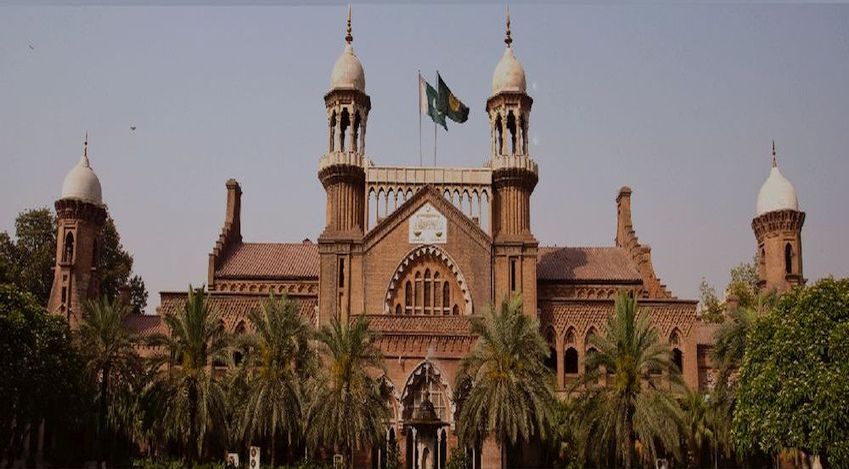Lahore High Court converted Habeas Petition to Bail Application in Case of Unlawful Detention and order for release of Accused Person
Islamabad 10-01-2025: In a significant decision, the Lahore High Court, presided over by Mr. Justice Muzamil Akhtar Shabir, has ordered the immediate release and interim bail of a detainee, Arif Ali, in response to a habeas corpus petition filed by his wife, Miraj Zubair. The Court found that the police had detained Arif Ali unlawfully, without formal arrest or timely production before a magistrate.
The case, Miraj Zubair Vs. RPO, etc. (W.P. No. 485 of 2025), highlighted critical procedural lapses and raised questions about the misuse of law enforcement authority.
The Petitioner alleged that her husband had been taken into custody on December 19, 2024, and was held without formal arrest or Court production. A Court-appointed Bailiff confirmed these allegations, reporting that Arif Ali was detained at the Renala City Police Station without legal justification.
Police claimed that the detainee was arrested on January 7, 2025, in connection with [FIR No. 1608/2024], registered under Section 392 of the Pakistan Penal Code for a robbery incident. However, the detainee was not named in the original FIR, and his alleged involvement was based on a supplementary statement and recovery of a stolen motorcycle, neither of which were substantiated by proper records. The Court expressed concern over the possibility of fabricated evidence.
Mr. Justice Muzamil Akhtar Shabir, referring to precedents such as Sheikh Tariq Vs. Muhammad Sharif (1993 P Cr. L J 2065) and Mst. Miran Mai Vs. SHO, CIA, Multan (PLD 2001 Lahore 459), underscored that recoveries must be credible and detentions must follow due process. Arbitrary detention based on suspicion violates fundamental rights.
The Court exercised its authority to convert the habeas corpus petition into a bail application, granting interim bail for seven days. This move allows the detainee to approach the appropriate Court for regular bail while ensuring his liberty.
This ruling reinforces the judiciary’s role in upholding procedural safeguards and protecting citizens from arbitrary arrests. It highlights the requirement for law enforcement to adhere strictly to legal procedures, including the production of detainees before magistrates and substantiating evidence against the accused.
The judgment also sets a precedent for the judiciary’s discretionary powers to provide immediate relief in cases of unlawful detention.
The case underscores the importance of judicial oversight in maintaining the balance between law enforcement and individual rights, ensuring that constitutional safeguards are upheld.
Powered by Froala Editor








